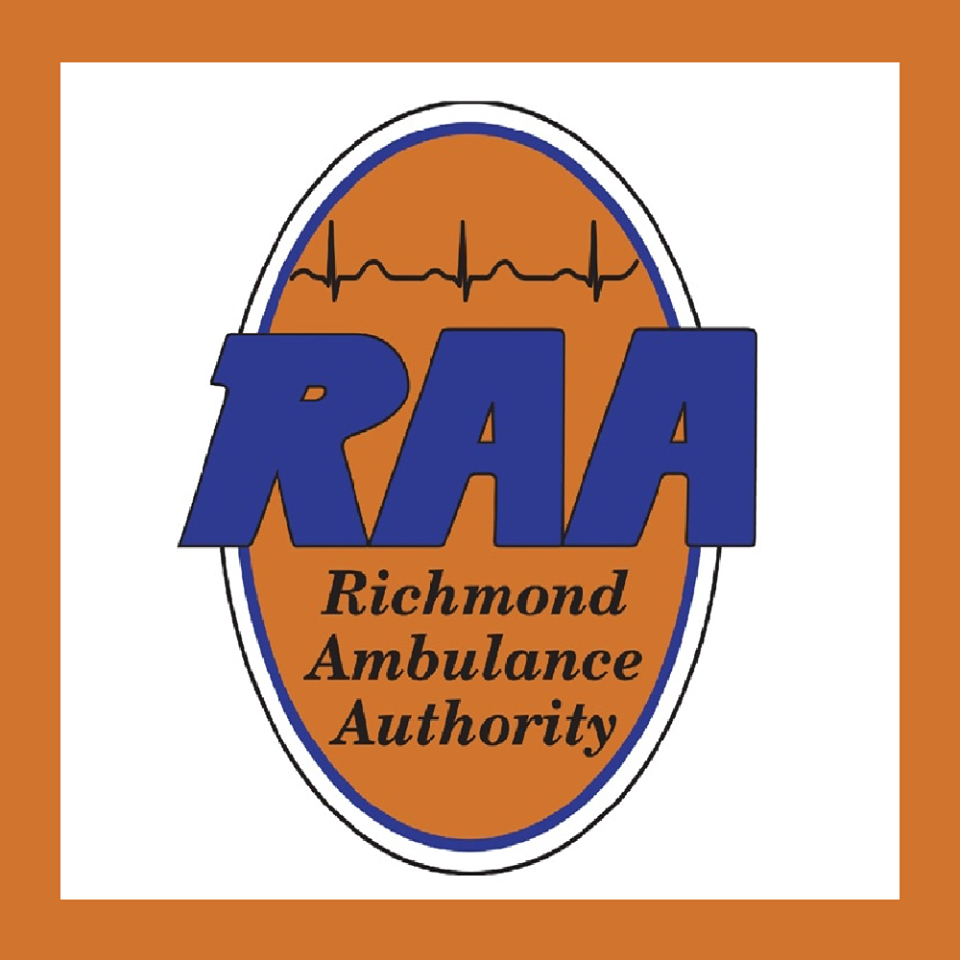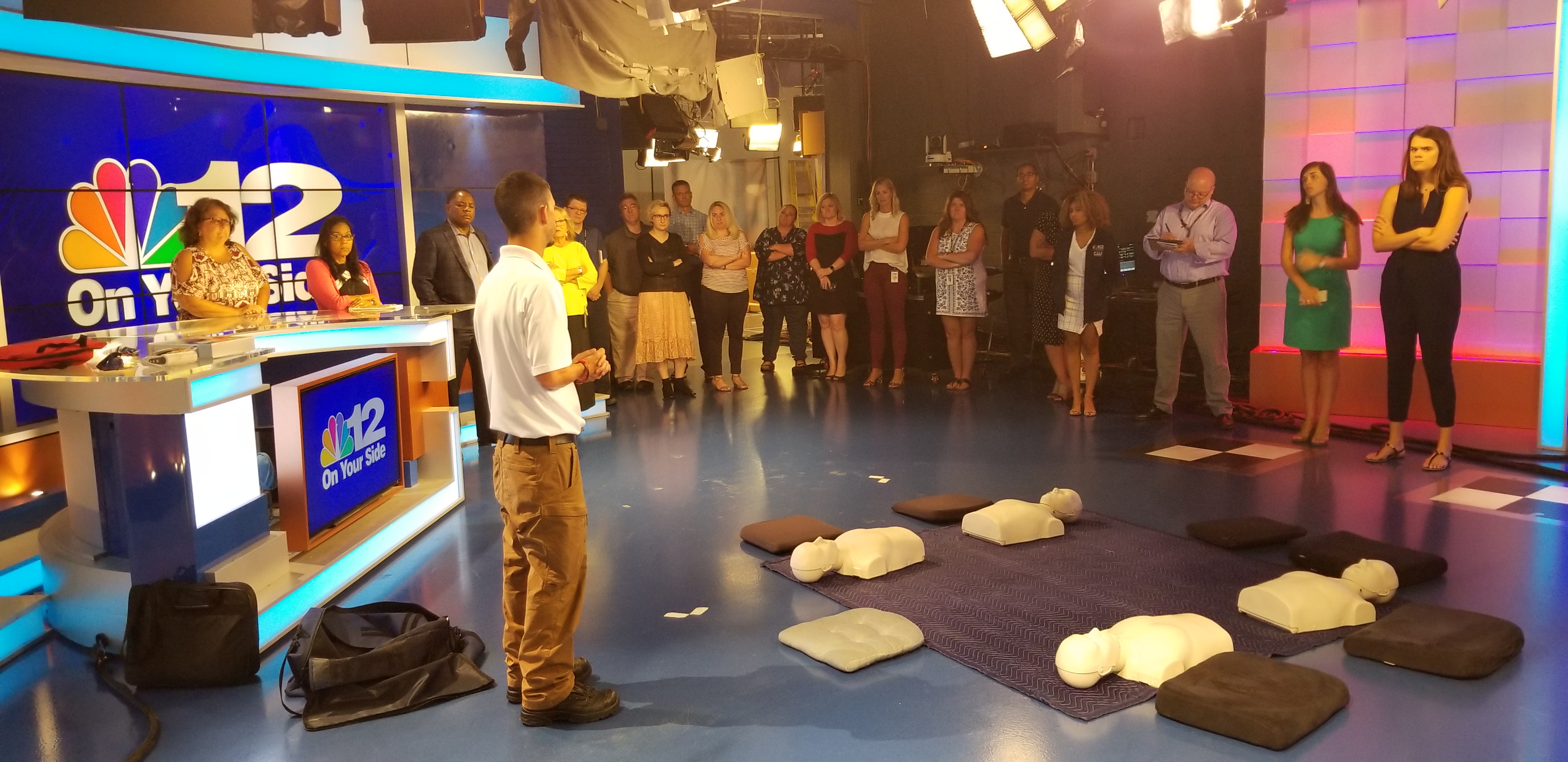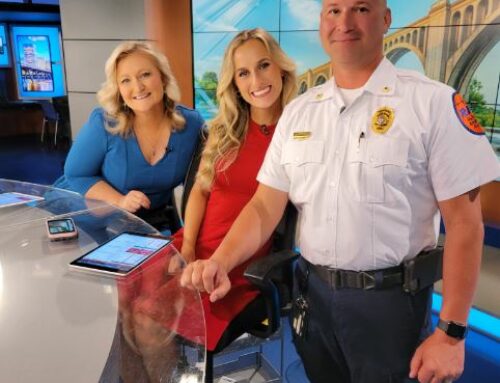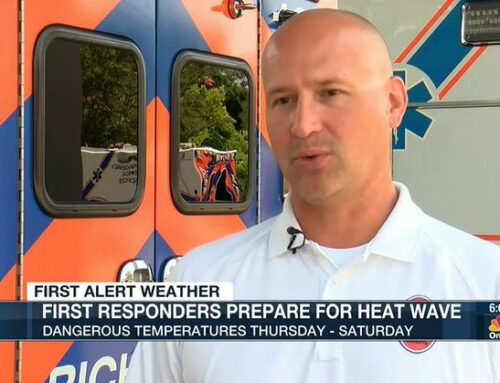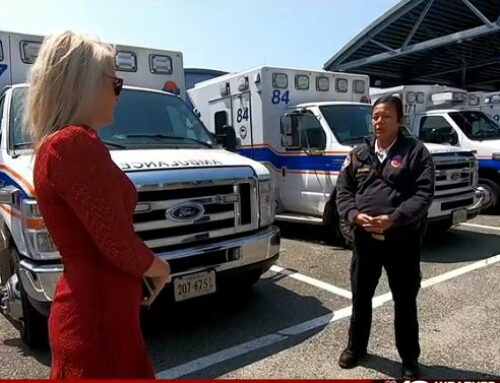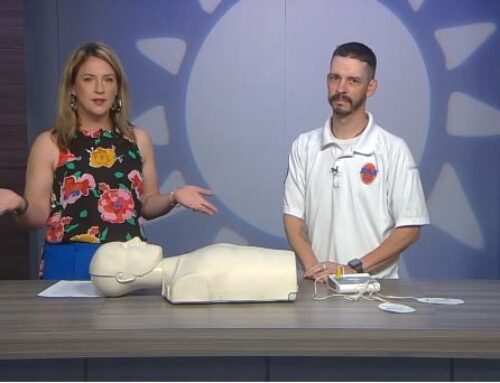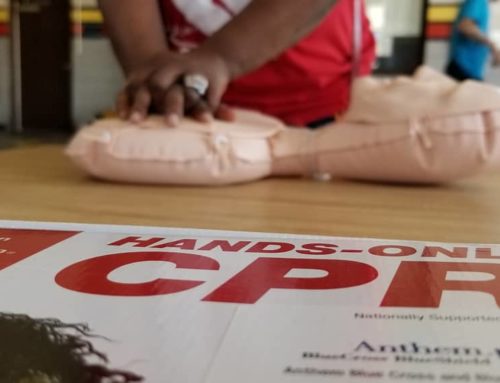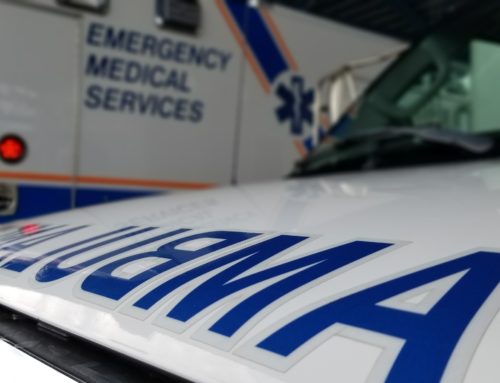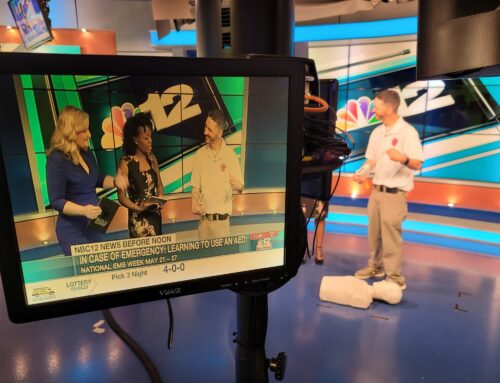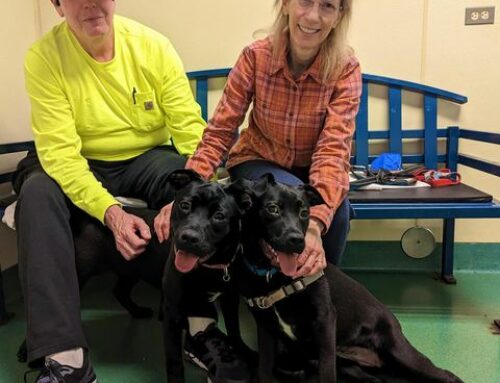In June the Richmond Ambulance Authority (RAA) and the American Heart Association (AHA) promoted CPR and AED Awareness Month during a segment on NBC12. The goal was to spotlight how lives can be saved if more Americans know CPR and how to use an AED.
The station’s Vice President and General Manager invited RAA and AHA back the station to teach staff Hands-Only CPR and how to use an AED. It was a great opportunity to get people trained and raise awareness. About 70 percent of out-of-hospital cardiac arrests happen in homes? If you are called on to give CPR in an emergency, you will most likely be trying to save the life of someone you love. Be the difference for your parent, spouse, or child. What if it were them?
Cardiac arrest survivor Elisheva Marks came to the station to speak about her experience and advocate the importance of learning these lifesaving skills.
“I myself suffered from a sudden cardiac arrest in November of 2017.” said Marks. She was waiting for a flight to Boston at Richmond International Airport.
“The last thing I remember was scanning my ticket and walking down the passageway to the plane and the next thing I knew I woke up in the intensive care unit,” said Marks. Airline employees were able to use an AED on Marks immediately which ended up saving her life.
“I had been in a coma and I had been intubated,” said Marks.
Anyone can have a sudden cardiac arrest. It can strike anytime, anywhere, and without warning.
“I had just a month before had a physical and all the bells and whistles, cholesterol, blood pressure, everything came back perfect,” said Marks. Since then Marks has been a strong advocate for raising awareness and teaching as many people Hands-Only CPR and how to use an AED.
“It’s very important for me to come speak to people about CPR, AED, and even the differences between what a heart attack is and what a cardiac arrest is,” said Marks. A cardiac arrest is an electrical problem that causes the heart to stop beating as a whole. A heart attack is a circulation problem caused when blood supply to the heart is blocked.
“It was definitely a life altering incident for me,” said Marks. “If I can educate one person, and they can save someone’s life, there are no words for that.”
